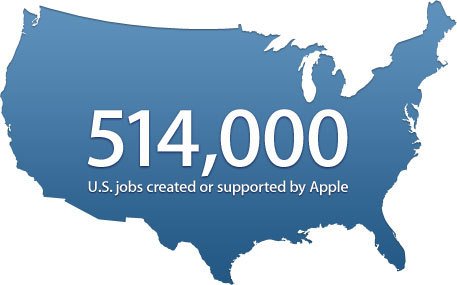Now, on to my point: you don't have health insurance. At least you probably don't, and you almost certainly never have. I have health insurance, and it works quite well for me and my family. It's not perfect, but it allows us to really see what were spending and where.
You have car insurance, or at least you probably do. You carry that insurance to do what insurance is meant to do: protect you from bankruptcy in the event something unexpectedly bad happens. If you get into an accident or mow down some children, insurance kicks in to save you from losing your house.
But you don't pay a $10 co-pay every time you get an oil change. And if you go in for a tune-up you don't choose your spark plugs based on which ones your car insurance company covers. No, of course you don't. That's not what insurance is for, and you probably don't buy a third-party maintenance plan for your car.When you go to the doctor, though, you do think about things like that. You probably don't know or care, even worse what an office visit costs. You just pay your co-pay and go on your way. You also may not know what your prescriptions cost for the same reason, but you darned sure make certain that the version of the drugs you're taking are on your plans formulary.
That's a maintenance plan, not insurance. Yes, that maintenance plan includes an insurance-like component because it also protects you from bankruptcy, but it does a lot more, doesn't it?Dave Hamilton.
I agree with Dave on some points. What is being offered as health insurance in the USA is in most cases health maintenance. Some of the insurers actually call themselves just that, Health Maintenance Organizations (HMO). Given that most American's don't seem to give a shit about "maintaining health" the current system is a giant ponzi scheme that will collapse eventually.
I looked up the definition of insurance and I couldn't find any definition that applies to what we call "health insurance" in the USA.
insurance noun
an agreement in which a person makes regular payments to a company and the company promises to pay money if the person is injured or dies, or to pay money equal to the value of something (such as a house or car) if it is damaged, lost, or stolen
the amount of money a person regularly pays an insurance company as part of an insurance agreement
the amount of money that a person receives from an insurance company
Insurance is meant to protect against financial loss.
However, Dave solution, paying out-of-pocket for health expenses, doesn't work for me. Back in 2006 I was diagnosed with Type 1 diabetes. Type 1 diabetes is an auto-immune disease in which the insulin producing cells of the body are destroyed by the bodies own immune system. I like to think of it as allergy to self.
Type 1 diabetes strikes both children and adults at any age. It comes on suddenly, causes dependence on injected or pumped insulin for life, and carries the constant threat of devastating complications.
Soon after I was diagnosed my wife checked my medical history. Other than a yearly physical I hadn't seen the doctor for any illness in over five years!
Insulin is expensive. So are the test strips, the lancets, the diabetes meters, and other supplies that I consume each day ... just to stay alive! The total yearly cost of my supplies is $6,744.56. The medical devices that consume those supplies cost $650.00. Factor in the cost of seeing the ophthalmologist (once a year), the endocrinologist (every three months), and the primary care physician (once a year physical) and the cost of keeping me in good health adds up quite quickly. Now add in the medical costs for my wife and two kids. Yeah! Shit!
Without insulin, I die! Without the medical supplies and doctor visits I can't maintain my health. So yes, I need a health maintenance plan. Out of pocket would be a financial challenge for me. I'm not sure if the Affordable Care Act will help or hinder with the costs of my life long goal of staying alive and in good health. But I sure hope it does.


